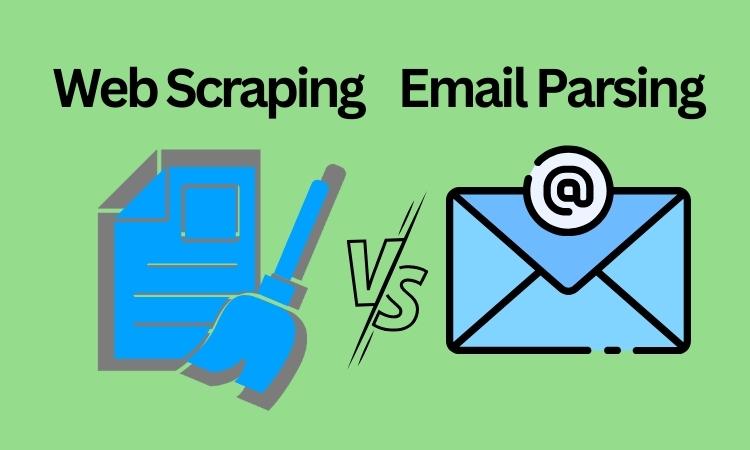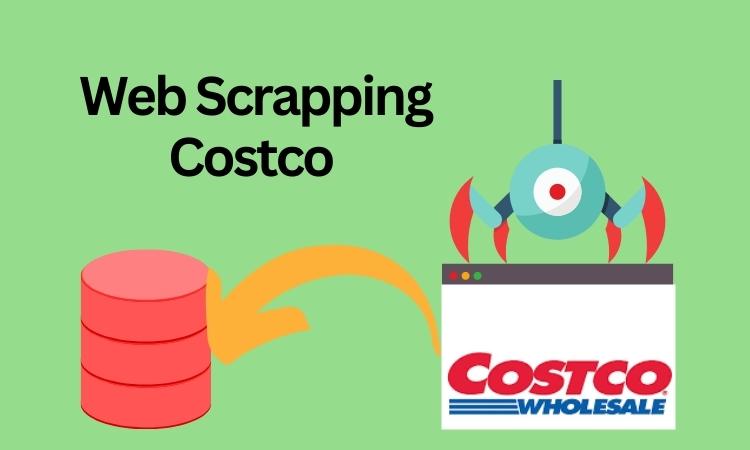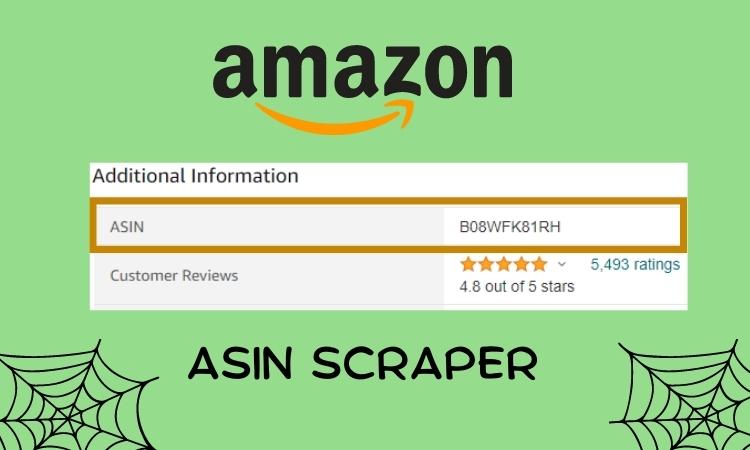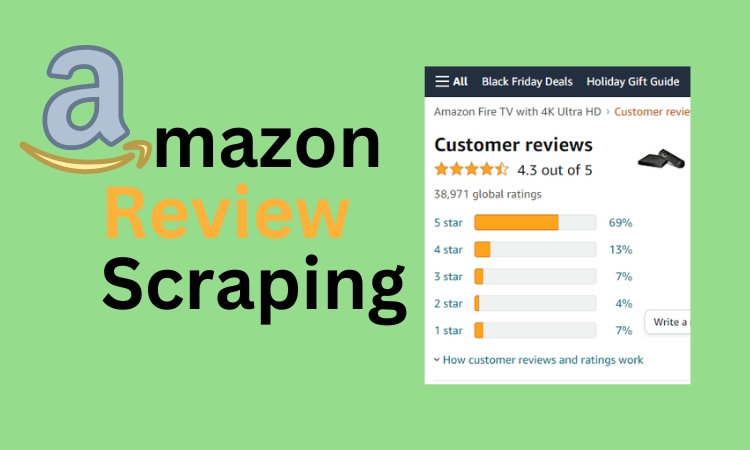What is Bloomberg Data Scraping: A Comprehensive Guide
Explore the mechanics and implications of Bloomberg data scraping in this comprehensive guide
Explore the mechanics and implications of Bloomberg data scraping in this comprehensive guide. Learn how to extract valuable financial insights responsibly and navigate the ethical considerations involved.
Information from reliable sources like Bloomberg can make or break investment decisions, guide strategic moves, and offer insights crucial for success. However, accessing Bloomberg data can be challenging due to restrictions or hefty subscription fees. This dilemma has led some individuals and organizations to explore data scraping as a means to obtain Bloomberg data. In this comprehensive exploration, we delve deep into the mechanics, ethics, and implications surrounding Bloomberg data scraping.
Understanding Bloomberg Data:
Bloomberg, a leading provider of financial data, offers a comprehensive suite of services catering to investors, traders, analysts, and financial professionals worldwide. From real-time market quotes and historical pricing to company financials, news updates, and sophisticated analytics, Bloomberg’s data ecosystem is unparalleled in its depth and breadth. Access to such data can significantly influence investment decisions, risk management strategies, and market analysis.
What is Data Scraping?
Data scraping, also known as web scraping, is the automated process of extracting information from websites. It involves using software programs or scripts to navigate web pages, locate specific data elements, and extract them into a structured format for further analysis or storage. Data scraping has emerged as a powerful tool for gathering data from the web at scale, enabling individuals and organizations to access valuable information that may otherwise be difficult to obtain.
Mechanics of Bloomberg Data Scraping:
Data scraping Bloomberg involves a series of steps aimed at retrieving, parsing, and extracting data from Bloomberg’s web interface. The process typically unfolds as follows:
Web Page Retrieval: Data scraping scripts simulate the behavior of a web browser by sending HTTP requests to Bloomberg’s servers and retrieving the corresponding web pages containing the desired data.
Parsing HTML: Upon receiving the web pages, the HTML content is parsed to identify the relevant data elements embedded within the page’s structure. This involves using techniques such as DOM traversal or regular expressions to locate specific data points.
Data Extraction: Once the relevant data elements are identified within the HTML, they are extracted using specialized parsing techniques. This may involve extracting text, numerical values, or other structured data from HTML tags or attributes.
Structuring Data: The extracted data is then structured into a usable format, such as CSV (Comma-Separated Values), JSON (JavaScript Object Notation), or a database format. This structured data can be further processed, analyzed, or integrated into existing systems for decision-making purposes.

Tools and Techniques For Bloomberg Data Scraping
Various tools and programming languages can be employed for data scraping Bloomberg, each offering its own set of capabilities and advantages. Some commonly used tools and techniques include:
Python: Python is a popular programming language widely used for web scraping due to its rich ecosystem of libraries and frameworks. Libraries like BeautifulSoup and Scrapy provide powerful functionalities for parsing HTML, extracting data, and handling web requests.
Web Scraping Frameworks: Frameworks like Scrapy offer a high-level abstraction for building web scraping bots, allowing developers to focus on defining scraping logic rather than dealing with low-level networking and parsing tasks.
Headless Browsers: Headless browsers like Selenium enable automated web browsing and interaction, making them useful for scenarios where scraping requires JavaScript execution or user interaction.
API Access: In some cases, Bloomberg may offer access to its data through APIs (Application Programming Interfaces), providing a more structured and efficient means of retrieving data compared to web scraping.
Implications of Bloomberg Data Scraping:
While data scraping Bloomberg can provide access to valuable financial information, it also raises several implications and considerations that warrant careful attention:
Legal Concerns: Data scraping activities may run afoul of Bloomberg’s terms of service or copyright laws, particularly if scraping is explicitly prohibited or violates the terms outlined in Bloomberg’s user agreement.
Ethical Considerations: Scraping large volumes of data from Bloomberg’s servers without permission may raise ethical concerns, especially if it impacts server performance, violates user agreements, or undermines Bloomberg’s business model.
Data Accuracy: Scraped data may be incomplete, inaccurate, or outdated compared to Bloomberg’s official data feeds, potentially leading to flawed analysis, decision-making, or regulatory compliance issues.
Security Risks: Automated scraping activities may trigger security mechanisms such as IP blocking, CAPTCHA challenges, or legal action from Bloomberg, leading to disruption or termination of scraping operations.
Ethical Considerations:
In navigating the ethical dimensions of Bloomberg data scraping, several principles and best practices can guide decision-making:
Respect Terms of Service: Scrutinize Bloomberg’s terms of service and adhere to any restrictions on data access and usage outlined therein. Respect the rights and intellectual property of data providers, and obtain explicit permission if required.
Prioritize Data Integrity: Ensure that scraped data is accurate, reliable, and up-to-date to uphold the integrity of analysis, decision-making, and regulatory compliance efforts.
Consider Alternatives: Explore alternative data sources or official Bloomberg data feeds that offer legitimate access to information in compliance with applicable laws and regulations.
Transparency: Be transparent about data scraping activities, especially if they involve accessing proprietary or sensitive information. Communicate openly with stakeholders about the methods used, the purpose of scraping, and any potential risks or limitations involved.
FAQs
Can I scrape data from Bloomberg?
Yes, you can scrape data from Bloomberg, but it may raise legal and ethical concerns.
Is data scraping profitable?
Data scraping can be profitable if done responsibly and within legal boundaries, but it depends on various factors such as the quality of data and the intended use.
How do I get Bloomberg data?
You can access Bloomberg data through official APIs, subscribing to Bloomberg services, or exploring alternative data sources with proper permissions.
Conclusion:
Bloomberg data scraping presents both opportunities and challenges for individuals and organizations seeking access to valuable financial information. By understanding the mechanics, ethics, and implications of data scraping, stakeholders can navigate this landscape responsibly while harnessing the power of data for informed decision-making and strategic insights. Ultimately, adherence to legal and ethical standards, coupled with a commitment to data integrity and transparency, is essential in leveraging data scraping effectively and responsibly in the realm of Bloomberg financial data.
